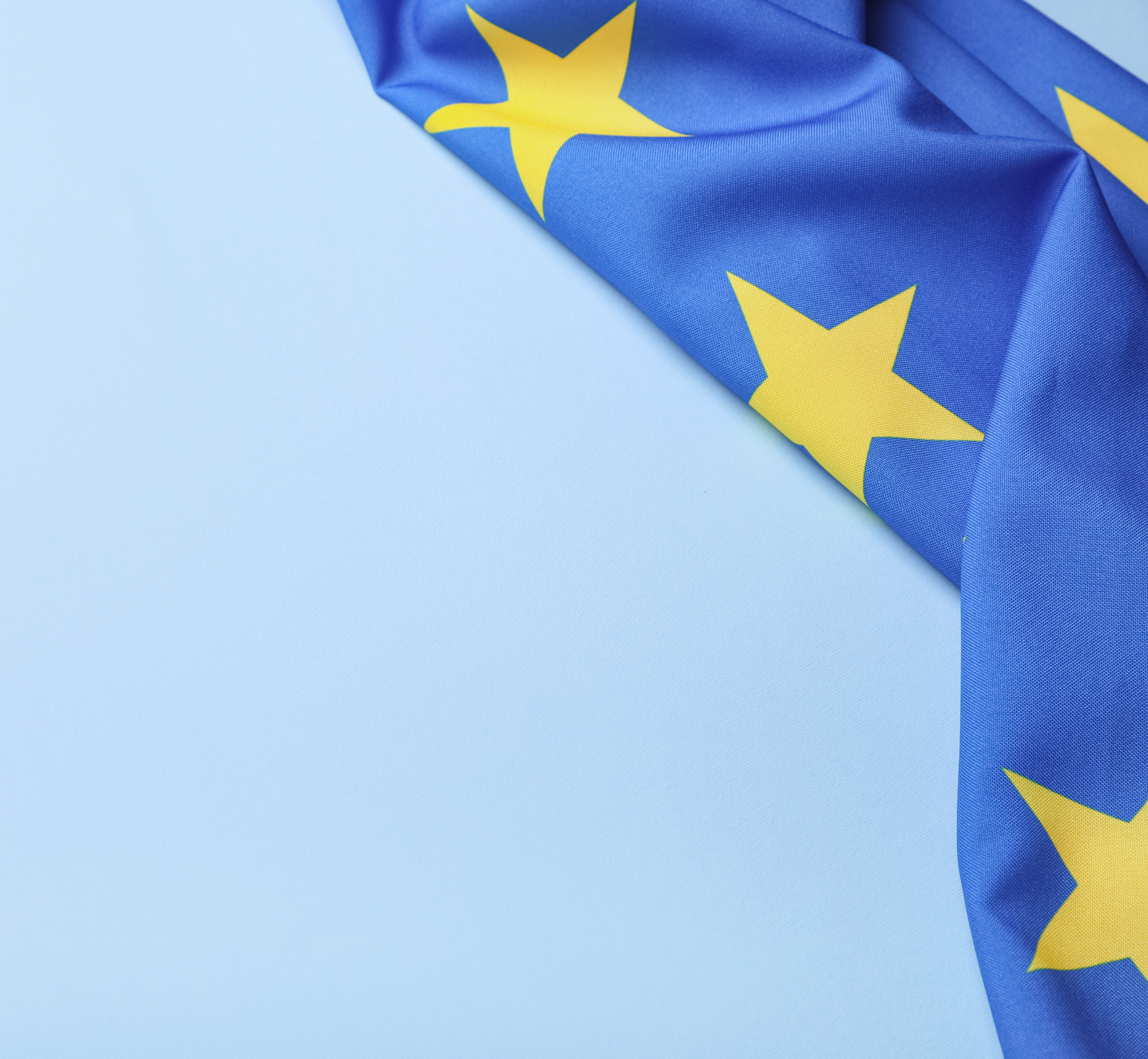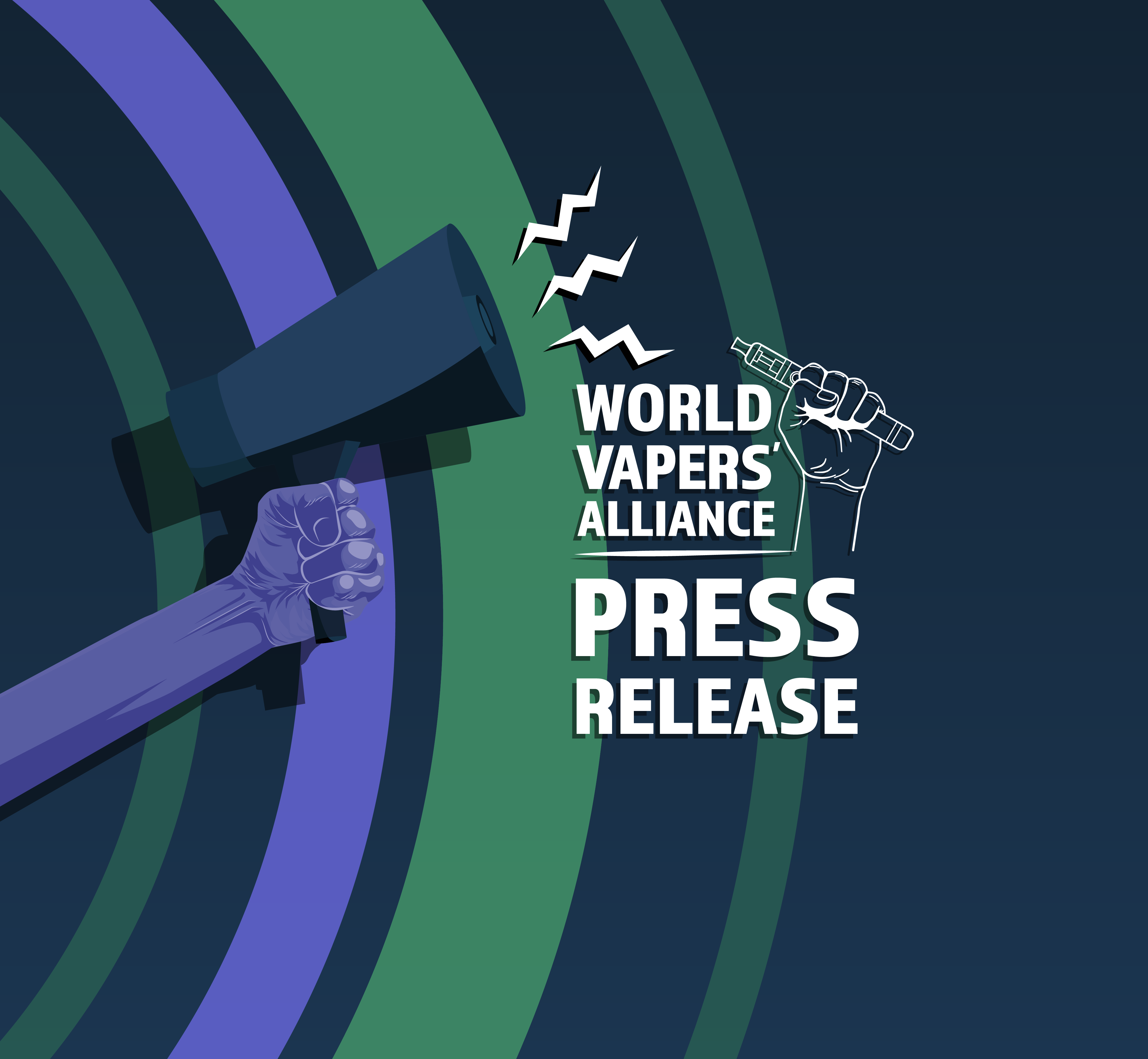De 10e sessie van de Conferentie van Partijen (COP10) bij het Kaderverdrag van de Wereldgezondheidsorganisatie inzake Tabaksontmoediging vindt plaats in Panama-Stad. Deze gebeurtenis vormt een belangrijk keerpunt in de strijd tegen vapen en tabaksontmoediging.
Het zou het discours rondom schadebeperkende strategieën kunnen veranderen, met een focus op vapen, producten die je niet verbrandt, nicotinezakjes en andere veiligere alternatieven voor roken. Maatregelen zoals het verbieden van vape-smaken, het verhogen van de belasting op schadebeperkende nicotineproducten en andere staan ter discussie.
De EU, met haar complexe geschiedenis en veranderende standpunten ten aanzien van tabak en nicotine, speelt een cruciale rol in deze procedures. De reis van de lancering van het EU-plan voor kankerbestrijding, de pogingen tot herziening van de TPD en de geschrapte accijnsrichtlijn, toont haar voortdurende, zij het vaak misplaatste, inspanningen om het aantal rokers terug te dringen. Bij deze inspanningen lijkt de echte vijand – sigaretten – soms verloren te gaan in de bureaucratische processen. De huidige koers, waarbij de EU de strenge standpunten van de WHO over alternatieve nicotineproducten lijkt te volgen, roept vragen op. Waarom zo'n scepsis ten aanzien van schadebeperking, terwijl landen als Zweden op het punt staan rookvrij te worden met behulp van vergelijkbare strategieën?
Terugkijkend naar het verleden lijkt de historische benadering van de EU ten aanzien van regelgeving voor vapen paradoxaal. Rapporten wijzen op een mogelijke machtsverschuiving voor de komende COP10-bijeenkomst, waarbij de Europese Commissie mogelijk... zijlijn individuele lidstaten, waarmee wordt afgestapt van de traditioneel succesvolle consensusbenadering. De zorgen van zeven lidstaten, waaronder Bulgarije, Griekenland en Italië, zijn opmerkelijk. Het ontbreken van een voorstel voor een werkgroep voor nieuwe producten en mogelijke problemen rond de vertegenwoordiging van de EU in de deskundigenwerkgroepen van het FCTC dragen bij aan de bezorgdheid.
Toch is de EU, te midden van het politieke gekibbel, Kankerbestrijdingsplan erkent het potentieel van vapen als hulpmiddel bij het stoppen met roken. Dus, als het bewijs duidelijk is, waarom dan die aarzeling?
Wetenschap zou ontegenzeggelijk het beleid moeten sturen. De voordelen van vapen als een minder schadelijk alternatief voor roken worden bevestigd door meer dan 100 wereldwijde organisaties. Bovendien is er een uitgebreide beoordeling door Cochrane, de gouden standaard in gezondheidsbewijs, bevestigt de effectiviteit van vapen bij het stoppen met roken. Recente studies, zoals de REPLICA studie, benadrukken dat vapen veel minder schadelijk is dan roken. In dit licht lijkt een risicogebaseerde regelgeving logisch – als vapen en vergelijkbare producten veel minder schadelijk zijn dan roken, zouden de regels dat dan niet moeten weerspiegelen?
Het negeren van dit bewijs kan ernstige gevolgen hebben. Misinformatie en strenge regelgeving kunnen rokers ervan weerhouden gezondere keuzes te maken. De dreiging die op de loer ligt? Een ramp voor de volksgezondheid, mogelijk gemaakt door verkeerde prioriteiten.
Met het oog op de toekomst staat de EU voor een belangrijke beslissing. In het beste geval zou de EU een progressief beleid voeren dat gericht is op schadebeperking. Maar in het slechtste geval? Strengere controles zouden vapers onbedoeld kunnen dwingen terug te keren naar het roken of een ongereguleerde zwarte markt te creëren.
Concluderend, nu COP10 dichterbij komt, is de oproep aan de EU om een evenwichtig, geïnformeerd en genuanceerd standpunt in te nemen. Prioriteit geven aan de gezondheid van haar burgers moet voorop staan. De beslissingen die nu worden genomen, zullen de toekomst van de volksgezondheid onuitwisbaar bepalen, niet alleen in de EU maar wereldwijd. Het is tijd om verstandige keuzes te maken.





Eén reactie